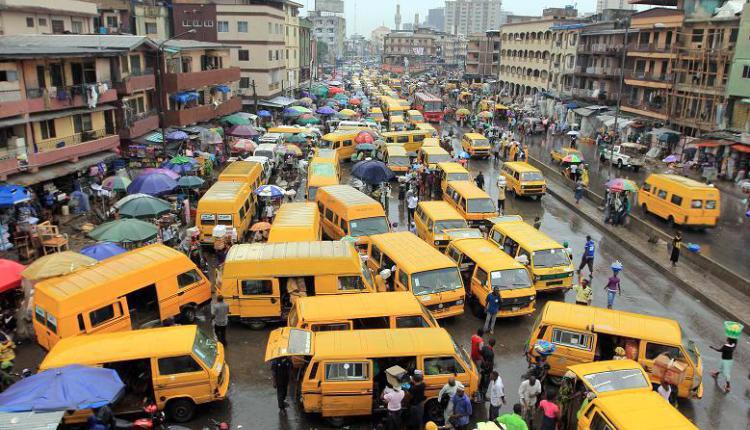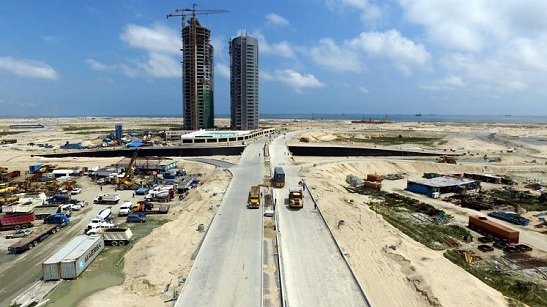
“Urbanization” is presently “one of the main demographic transformations in Sub-Saharan Africa” (Resnick, 2014, p. s3). With more people living in urban areas, towns and cities are growing at a much faster rate than rural areas. Consequently, urban poverty has increased which has not only generated new tensions and social movements but also tested the capacity of governments to improve “service delivery mechanisms” (Ibid, p. s4).
Our guest lecturer Nic Cheeseman presented his research on Nigeria, which focused on the use of decentralization to address urbanization in Lagos.
Since citizens in urban areas are more likely to oppose the national governing party, opposition parties usually constitute the sub-national government. The success of these governments have varied, usually depending on their ability to independently generate revenue and if the state actually relinquishes “responsibility and authority over decision making” (Ibid).
The Nigerian national governing party permitted the sub-national government to change their tax collection schemes and retain a large portion of their tax profit (Cheeseman and de Gramont, 2017). The multiplicity of opposition parties (competition) in Lagos compelled the government in power to actually improve services and convinced citizens to pay their taxes. Although there have been improvements, the governments’ desire to turn Lagos into a mega city has led to questionable decisions like the construction of Eko Atlantic City. Proposed as a solution to housing problems, the project has already led to the forced migration of citizens and environmental degradation.

This can be contrasted with Resnick’s (2014) Ugandan case study where the state retained power in the capital city, Kampala in 2009. This allowed the central government to undermine the decision-making power of locally elected officials. Under these circumstances it becomes less likely that national governments will consider local grievances when decisions are made, and instead prioritize their interests and ideas for development.
Although decentralization failed to manifest in Uganda but appeared successful in Nigeria, it is fascinating that in both countries political elites ultimately made decisions that reflected their interests and ideas. Museveni’s (the center) obsession and desire to retain power ultimately undermined the voting power of citizens in Kampala who witnessed elected officials lose decision-making power. Meanwhile, in Lagos, the elite driven megacity aspirations primarily benefits the wealthy, and further marginalizes the urban poor.
References
Cheeseman, N. and de Gramont, D. “Managing a mega-city: learning the lessons from Lagos.” Oxford Review of Economic Policy 33, no. 3 (2017): 457-477.
Damiano, D. (2017) Why Eko Atlantic City is a Very Bad Idea.Available at: http://saharareporters.com/2017/12/02/why-eko-atlantic-city-very-bad-idea-david-damiano. (Accessed 26 November 2018).
Resnick D (2014) ‘Urban governance and service delivery in African cities: the role of politics and policies’ Development Policy Review 32, s1, s3-s17.